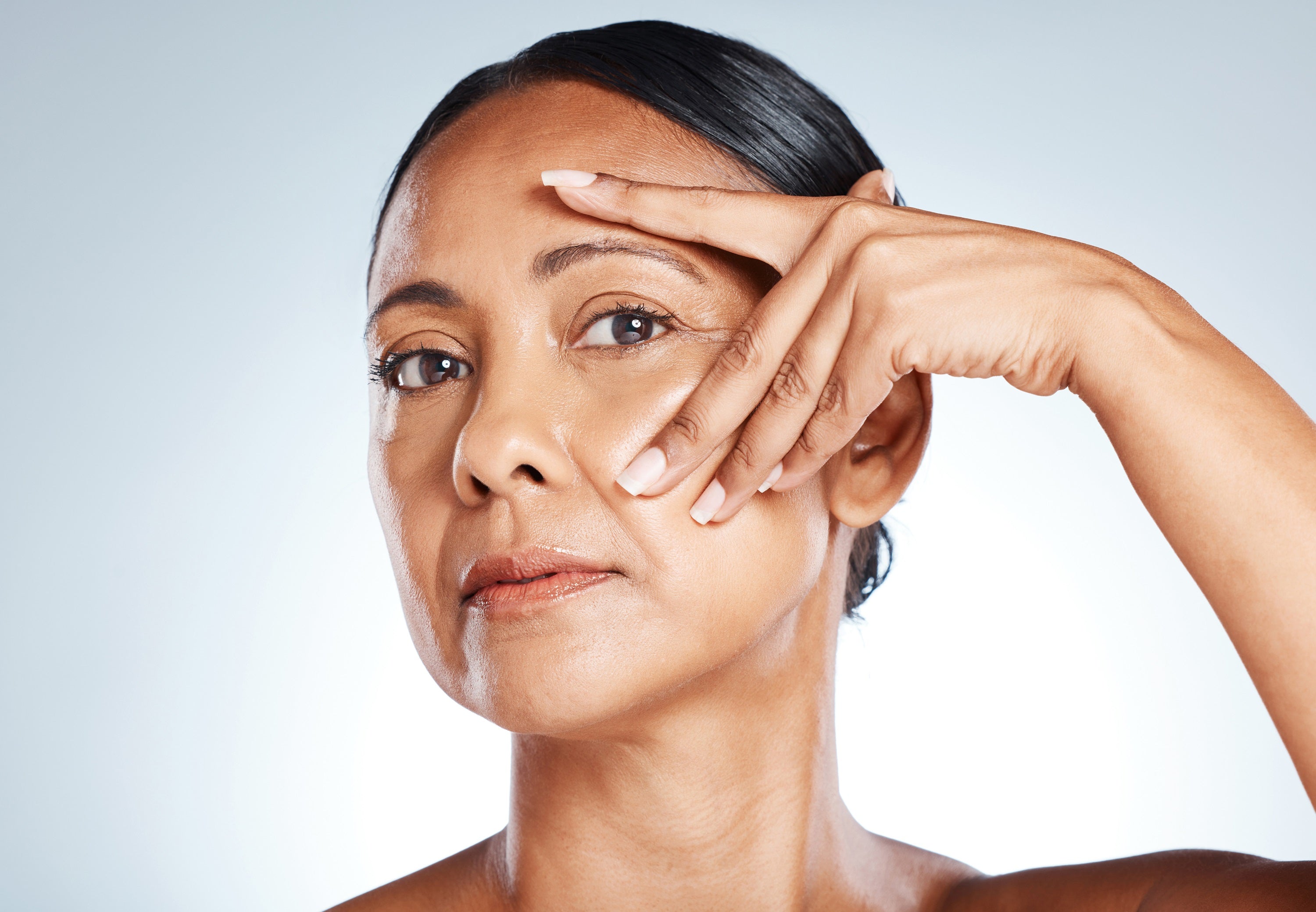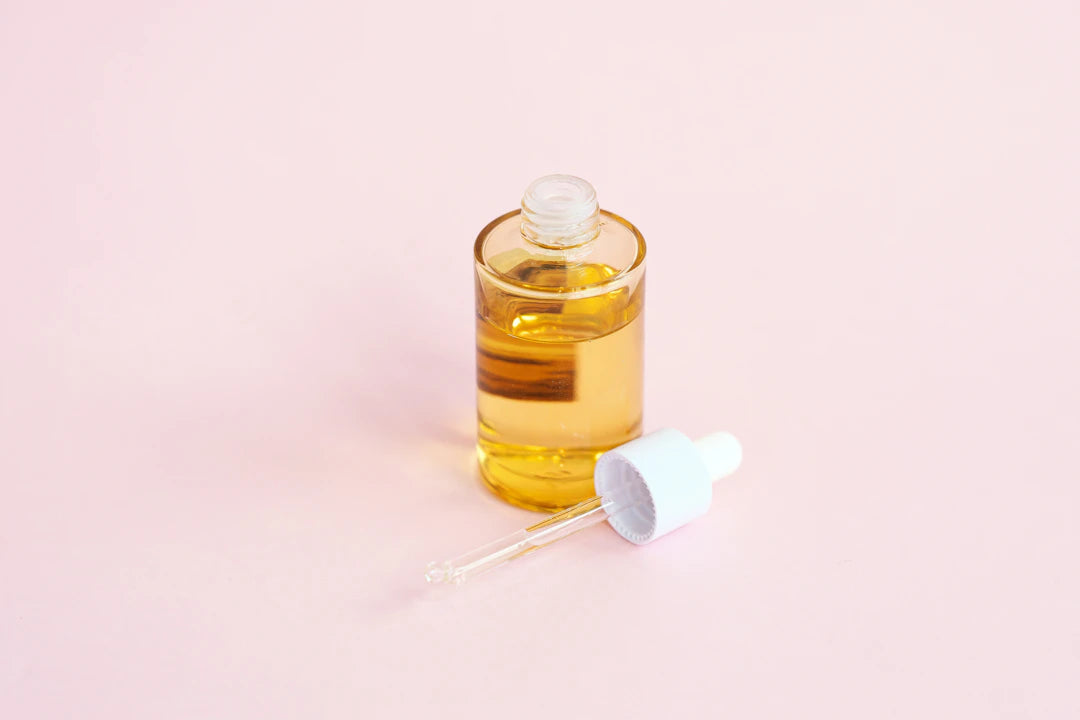Unlock the Secrets: Understanding the Science Behind Aging Skin

As we age, our skin undergoes a series of transformations that can be both fascinating and puzzling. The pursuit for youthful, radiant skin has led many to explore various skincare products, including micro serums, designed to combat signs of aging such as wrinkles and sagging. But what actually happens to our skin as we age, and how can we effectively address these changes? Dive into the science behind aging skin and uncover how you can maintain a vibrant complexion.
The Stages of Aging Skin
Aging skin is a natural process that typically unfolds in stages, influenced by both intrinsic (genetic) and extrinsic (environmental) factors. Understanding these stages is the first step toward effective antiaging strategies.
1. The Initial Phase: Early Signs of Aging
The first signs of aging often appear in our late 20s to early 30s. During this time, the skin may begin to lose some of its natural elasticity and moisture. Fine lines, particularly around the eyes and mouth, are among the initial indicators of aging. To combat these early signs, people often turn to skincare products that emphasize hydration and skin tightening.
2. Midlife Changes: The Transition Phase
As we reach our 40s and 50s, the changes become more pronounced. Skin may become drier, thinner, and less resilient. Natural collagen production starts to decline, which can lead to sagging and deeper wrinkles. This is where the role of specific skincare products, particularly micro serums, can play a vital role. These products can help reinforce the skin's foundation by delivering concentrated ingredients to promote collagen synthesis and combat dryness.
3. Advanced Aging: The Final Changes
By the time we reach our 60s and beyond, skin can exhibit significant characteristics of aging, including prominent wrinkles, age spots, and pronounced sagging. It becomes crucial to adopt a comprehensive anti-wrinkles regime that includes not only moisturizing agents but also products specifically targeted at revitalizing the skin.
The Science Behind Aging Skin
Now that we've outlined the stages, let’s delve into the science that drives these changes.
1. Decreased Collagen Production
Collagen is the protein responsible for maintaining skin elasticity and firmness. As we age, collagen production decreases significantly, leading to sagging skin and the formation of wrinkles. Studies show that collagen levels decrease at a rate of approximately 1% per year after the age of 20. Understanding this helps consumers make informed decisions when selecting skincare products that support collagen synthesis.
2. Loss of Elasticity
Alongside reduced collagen, elastin fibers, which enable the skin to retain its shape, also diminish over time. This loss contributes to the drooping and wrinkling observed in older skin. Incorporating antiaging ingredients such as retinoids and peptides in your regimen can enhance skin resilience.
3. Changes in Skin Structure
As skin ages, its structure changes on a microscopic level. The dermis becomes thinner, and the supportive fat pads beneath the skin may reduce in size. These structural alterations lead not only to wrinkles but also to a loss of overall youthful volume in the face.
The Role of Hydration in Aging Skin
One of the most critical aspects of maintaining youthful skin is hydration. Aging skin tends to lose moisture more rapidly, which can accentuate the appearance of wrinkles and fine lines.
The Importance of Moisturizing
Consistent use of a high-quality moisturizer can deliver nutrients and seal in moisture, creating a protective barrier against environmental aggressors. Look for skincare products that contain hyaluronic acid or glycerin, as these ingredients are excellent at attracting and retaining water.
How Micro Serums Fit Into Your Routine
Micro serums provide a powerful boost of active ingredients that target specific aging concerns. They penetrate deeply to deliver moisture, antioxidants, and other beneficial ingredients that can help mitigate the signs of aging. Add a micro serum to your nightly routine to maximize hydration and skin rejuvenation.
Preventative Measures and Effective Skincare Regimens
While aging is inevitable, adopting a mindful skincare routine can significantly reduce its visible effects. Here are some strategies to consider.
1. Sun Protection Is Key
Ultraviolet (UV) exposure is one of the leading causes of premature aging. Protecting your skin from harmful UV rays is essential. A broad-spectrum sunscreen with at least SPF 30 should be incorporated into your daily routine, even on cloudy days.
2. A Balanced Diet and Hydration
What you consume influences your skin’s health. Incorporate a diet rich in antioxidants, omega-3 fatty acids, and vitamins that promote skin vitality. Staying well-hydrated is equally important, as it aids in maintaining skin elasticity and overall health.
3. Consistency Is Crucial
Consistency in your skincare routine will yield the best results when it comes to addressing signs of aging. Establish a morning and night regimen that includes cleansing, moisturizing, and using anti-wrinkles treatments regularly.
Ingredients That Make a Difference
When searching for effective skincare products, certain ingredients stand out for their proven efficacy in combating aging.
1. Retinoids
Retinoids are well-researched in their ability to reduce fine lines and improve skin texture. They work by promoting cell turnover and stimulating collagen production. Incorporating a retinoid into your nighttime routine can be transformative for aging skin.
2. Antioxidants
Vitamins C and E are powerful antioxidants that can protect the skin from free radical damage while enhancing its bright and youthful appearance. They are vital players in any antiaging skincare regimen.
3. Peptides
Peptides are amino acids that can penetrate the skin and signal cells to produce more collagen. This can lead to more taut, supple skin. When looking for skincare products, consider formulations that include peptides for optimal results.
Beyond Topical Treatments: Lifestyle Changes
While topical products are vital, lifestyle choices also play a crucial role in the aging process. Consider these lifestyle changes to complement your skincare routine.
1. Quit Smoking
If you smoke, quitting can significantly improve your skin's appearance. Smoking accelerates the aging process by reducing blood flow to the skin and depleting essential nutrients and oxygen.
2. Manage Stress
Chronic stress can lead to hormonal imbalances that negatively impact your skin. Incorporating stress management techniques such as yoga, meditation, and exercise can help maintain skin health.
3. Prioritize Sleep
Quality sleep is crucial for skin repair and regeneration. Aim for 7-9 hours of restful sleep each night to allow your skin to rejuvenate effectively.
Your Pathway to Ageless Skin
Understanding the science behind aging skin is essential for making informed choices about your skincare regimen. As we’ve explored, factors such as collagen decline, loss of moisture, and environmental aggressors play significant roles in the aging process. By incorporating effective skincare products, maintaining a healthy lifestyle, and being proactive about protection, you can enhance your skin's appearance and health as you age. Start today on your journey towards ageless skin, and embrace the beauty of each stage of life!


